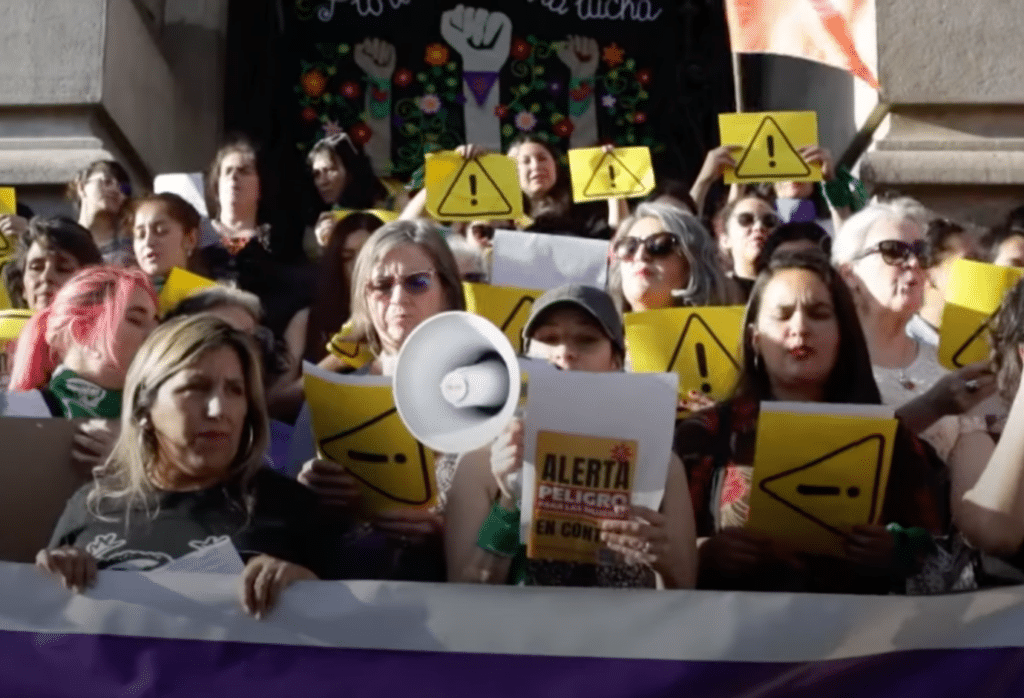Chileans have voted against a new conservative constitution over the weekend, leaving Gen Augusto Pinochet’s dictatorship-era constitution from 1980 in place. On Sunday, the nationwide plebiscite saw more than 55 per cent of voters voting “against” the proposal for a new constitution.
The result comes after voters also rejected a progressive draft constitution last year.
In a televised public address made on Sunday evening, President Gabriel Boric said, his country “got polarised, divided.”
“What the citizenry is demanding is a better capacity for dialogue, of consensus, but most of all action. The constitutional process will close during our government. There are other more urgent matters [to deal with].”
The proposal which was rejected by Chileans on Sunday included a number of controversial clauses including the protection of the “life of that is to be born”, which many feared would lead to abortion being criminalised in the country.
Sofía Rodríguez, a spokeswoman for the feminist group Coordinadora Feminista 8M, described the constitution as “dangerous for women, because it puts at risk the rights that we have managed to guarantee through social movements.”
In September 2022, a more progressive draft which attempted to preserve environmental protections and Indigenous rights was rejected after 62 per cent of voters voted against it. That progressive proposal would have given citizens a number of rights and freedoms and enshrined gender parity in government and other parts of the state.
On Monday, President of the Socialist Party, Paulina Vodanovic, said of the latest “against” vote: “It is evident that the citizens understood that these were profound changes for the country, that they were not good, that it was a bad text, a text that divided the country and that fundamentally divided the political class, much more than the citizenry.”
When asked whether the second plebiscite legitimise the Constitution of the 80s, Vodanovic responded, “A constitutional text was voted on that was proposed to the country. A Constitution or a new text that was regressive in rights, a text that finally ended up harming the citizenry and that is what was rejected.”
In 2021, Antonia Rivas wrote an essay for World Politics Review where she said that “the tendency of Chilean governments in recent decades to frame public policy with regard to Indigenous peoples as exclusively issues of poverty and development has contributed to this mistrust.”
“Moreover, state interaction with Indigenous peoples has also taken place through the prism of public security, rather than political dialogue with respect for and recognition of Indigenous peoples’ collective human rights, which have been recognised in international treaties and other instruments ratified by Chile,” she said.

